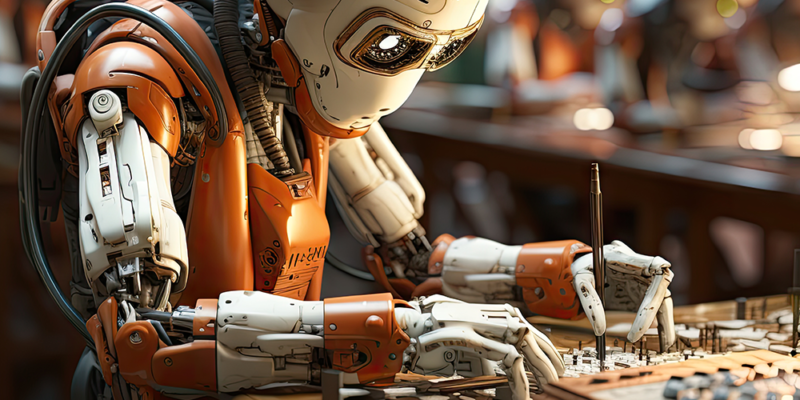Artificial intelligence is transforming the gaming industry in unprecedented ways. From enhancing gameplay mechanics to streamlining the development process, AI is becoming an indispensable tool for game developers. One of the most significant impacts of AI is seen in the creation of intelligent NPCs (non-playable characters). These characters can now exhibit complex behaviors and adapt to players’ actions, creating a more immersive and engaging gaming experience. For example, in games like Red Dead Redemption 2, NPCs have unique routines and can respond dynamically to the player’s presence, making the game world feel more alive.
AI is also revolutionizing procedural content generation. Games like No Man’s Sky and Minecraft use AI algorithms to create vast, dynamic worlds that offer endless exploration possibilities. These algorithms can generate terrain, buildings, and even entire ecosystems, providing a unique experience for each player. This not only enhances replayability but also reduces the workload on developers, allowing them to focus on other aspects of game design.
Another area where AI is making a significant impact is in game testing and quality assurance. AI-driven testing tools can identify bugs and performance issues more efficiently than human testers. These tools can simulate millions of gameplay scenarios, ensuring that games are thoroughly tested before release. This results in higher-quality games and faster development cycles.
Moreover, AI is being used to personalize the gaming experience. Machine learning algorithms can analyze player behavior and preferences to tailor in-game content, difficulty levels, and recommendations. This level of personalization enhances player engagement and retention, making games more enjoyable and rewarding.


